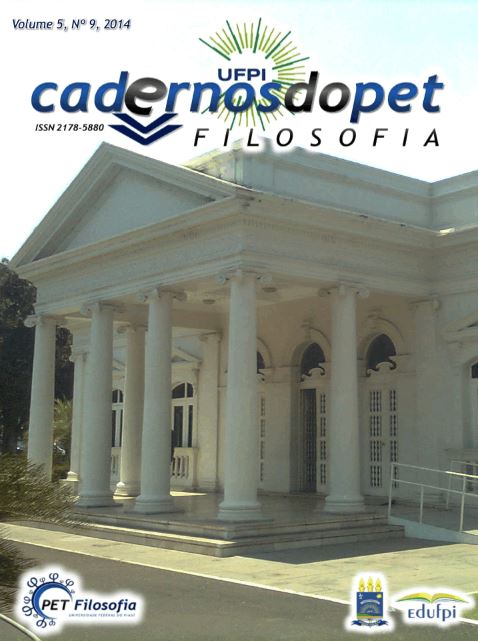MACINTYRE’S AFTER VIRTUE: A PHENOMENOLOGICAL READING
Conteúdo do artigo principal
Resumo
This essay offers a phenomenological reading of Alasdair MacIntyre’s After Virtue. It is intended to both illustrate the similarities between MacIntyre’s mode of argumentation in this work and the early Heidegger’s method of phenomenological destruction, and to highlight the potential fruitfulness of a deeper engagement between phenomenology and MacIntyre’s work. MacIntyre’s critique of modern moral philosophy, like Heidegger’s destruction, turned upon the groundlessness of abstract concepts separated from the experiential and social context in which they were originally at home. Drawing upon Heidegger’s phenomenology allows one to better understand MacIntyre’s critique as well as the role of his notion of a practice as a corrective to these tendencies.
Detalhes do artigo
Referências
Heidegger, M. (1968). Being and Time. (J. Macquarrie, & E. Robinson, Trans.) New York, NY: Harper and Row Publishers.
Heidegger, M. (1985). History of the Concept of Time. (T. Kisiel, Trans.) Bloomington, IN: Indiana University Press.
Heidegger, M. (1988). Ontology--The Hermeneutics of Facticity. (J. v. Buren, Trans.) Bloomington, IN: Indiana University Press.

